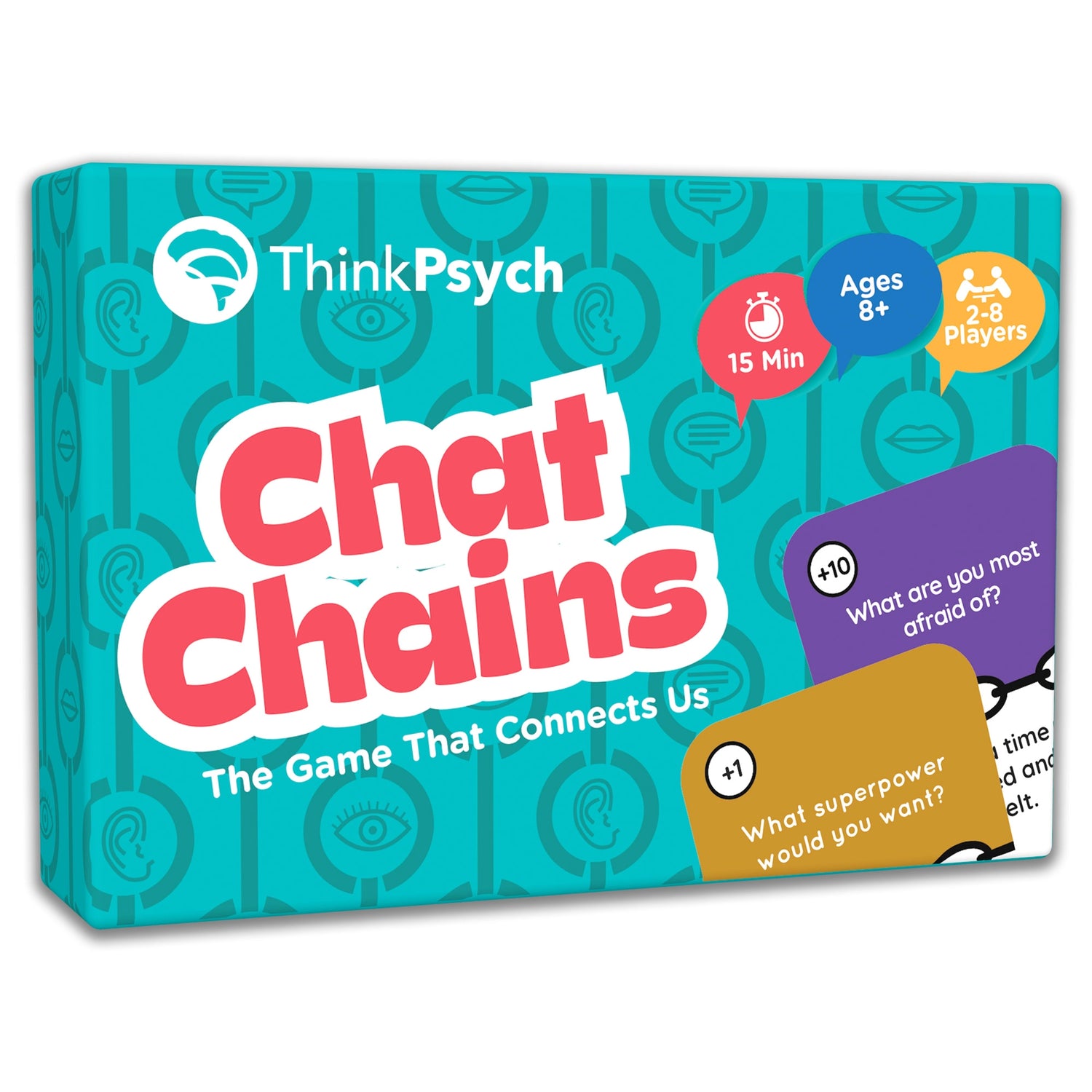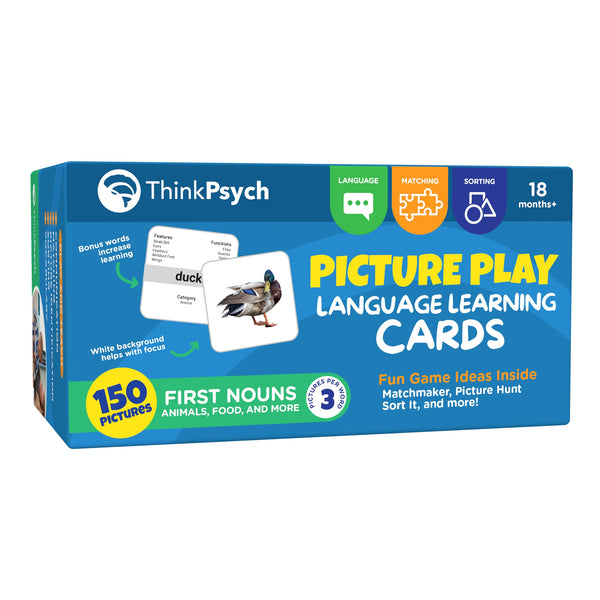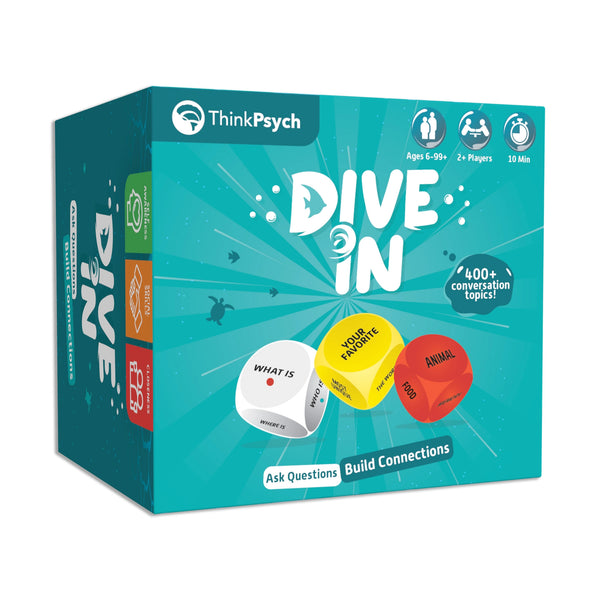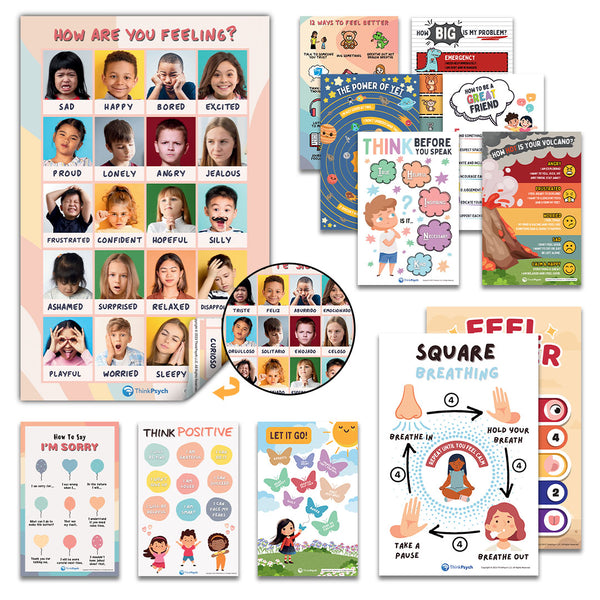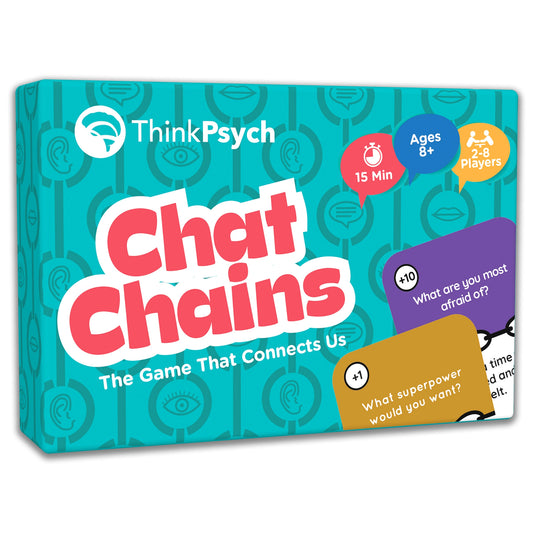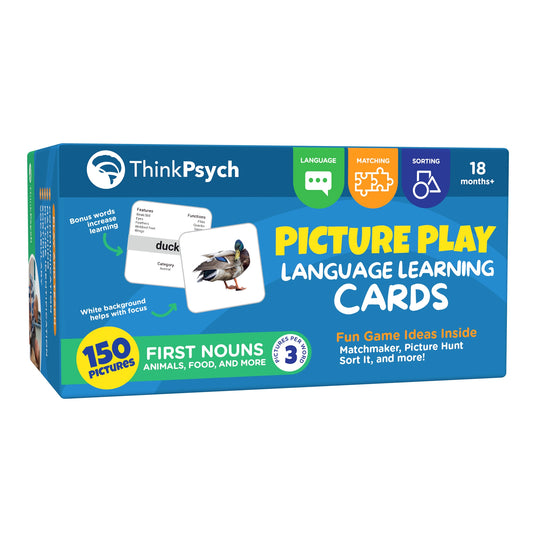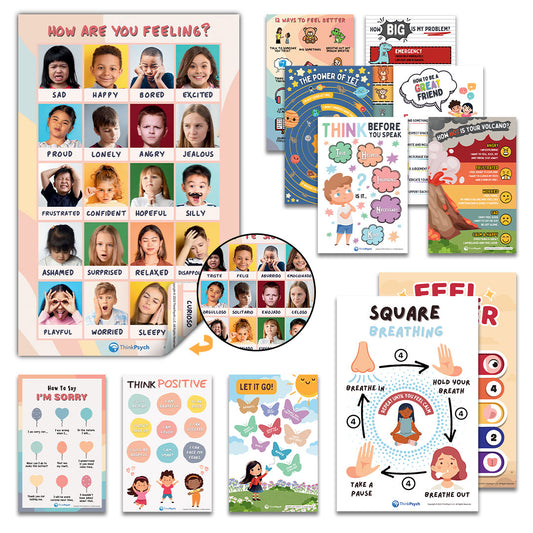
How to Use Flashcards with Babies and Toddlers
Share
The learning is never done when it comes to being a kid. And, after your child has mastered all the letters of the alphabet, it’s time to move on to words and sentences. Fortunately, there are many benefits using flashcards with babies or children to help them learn words. Flashcards can be perfect for enabling memorization or even helping a child with speech delays. They’re also something they can do with their friends or on their own, which makes them one of the best learning tools around!
Discover the Word
Starting slow can provide an easier way to get your child more familiar with words. Fortunately, using flashcards with babies and toddlers can be a lot of fun! Start this activity by covering one flashcard. Then, slowly begin to reveal it. This should give your child the opportunity to make a few guesses. Once the card is revealed, say the word in a variety of different voices and intonations so your child can get in on the repetition.
Start With Spelling
Even knowing the word for something is a good beginning for kids learning with flashcards. But once your children begins to build their language skills at home, they’ll also need to work at spelling. In this game which requires two people, have one player say the word and ask how it’s spelled. This will get your child familiar with how certain letters of the alphabet sound so they can visually understand the word.
Mime the Word
An important part of learning anything effectively is keeping it interesting. So, why not try a charades-like game with flashcards? It’s a great way to engage some other talents! Instead of simply stating it, pick a flashcard and mime it out. You can do this solely by acting or you may even want to incorporate household objects. Whatever you and your child choose, it offers a fun alternative to standard flashcard flipping.
Try the Mass Memorization Game
This is a lot like the game of memory where the player tries to match two cards by recalling where they’ve seen the other ‘pair’ before. And, while all the cards will be placed on the floor, they’ll be right side up! Give your child about one minute to memorize the cards. Learning with flashcards offers a big challenge that can really begin to cement some key words for your child.
Sound Out Sentences
Your child may feel comfortable testing their mettle as they begin to build their vocabulary while learning with flashcards. Instead of sticking to the word alone, stretch it out to ensure your child truly understands its meaning. They may even want to make more than one sentence so they can develop dexterity with the word. This can be a great tool for incorporating a lot of other words your child is starting to learn!
Customer Favorites From Our Store
Learning words is an important part of developing language. And, when it comes to your child, everything is a little easier when it can be made into a fun activity. Whether it’s a little miming or putting together sentences, different activities will help them stay engaged so they can express themselves. If you’re interested in trying our super-durable and best-selling learning flashcards for kids, our Advanced Nouns Picture Flash Cards can get your little one excited about words!
References
Intercambio. How to Use Flashcards to Introduce New Words. https://intercambio.org/resource-hub/how-to-use-flashcards-to-introduce-new-words/
Drops. How to Use Flashcards to Introduce New Words. https://languagedrops.com/blog/how-to-use-flashcards-to-introduce-new-words
British Council. Using flash cards with young learners. https://www.teachingenglish.org.uk/article/using-flash-cards-young-learners
